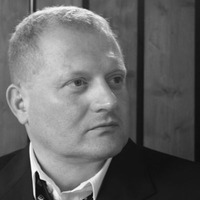Project description
"Special Relations" in Europe and Beyond
The terms “special relations” or “special relationship” are standard currency in European politics. They often refer to amicable bonds between two countries. For example, Charles de Gaulle came to regard France and Germany as connected in a “relation particulière” that grew into the “amitié franco-allemande”. Special relationships need not necessarily be of a cordial nature, however. Greece and Turkey, for instance, are linked through close economic ties, but their relations have been deeply confrontational, including military conflicts. This project develops a conceptual framework to systematically examine the emergence, evolution, and impact of special relationships in Europe and beyond. It applies the framework to examine in detail particular case studies of the special relationships between France and Germany, Austria and Germany, Algeria and France, the United Kingdom and the United States, Germany and Israel, and the arguably emergent special relationship between the EU and the United States, among others. The special relations project is part of a research program on European politics and democracy studies.
Short bio
Ulrich Krotz is Simone Veil Fellow in the fall of 2023. He teaches at Sciences Po Paris, where he has served as Alfred Grosser Chair, and is a research affiliate in the Robert Schuman Centre for Advanced Studies at the European University Institute (EUI). Previously, he was professor of International Relations at the EUI and founding director of the EU-funded Europe in the World Research Programme at the Robert Schuman Centre. He received his Ph.D. from Cornell University; has taught at Oxford University, Brown University, and the EUI; and has held research positions at Harvard University, the EUI, and Princeton University. He is author, co-author, and co-editor of numerous books as well as a wide range of journal articles on European politics, European integration, democratic politics within and among states, and Europe’s role in international affairs.


